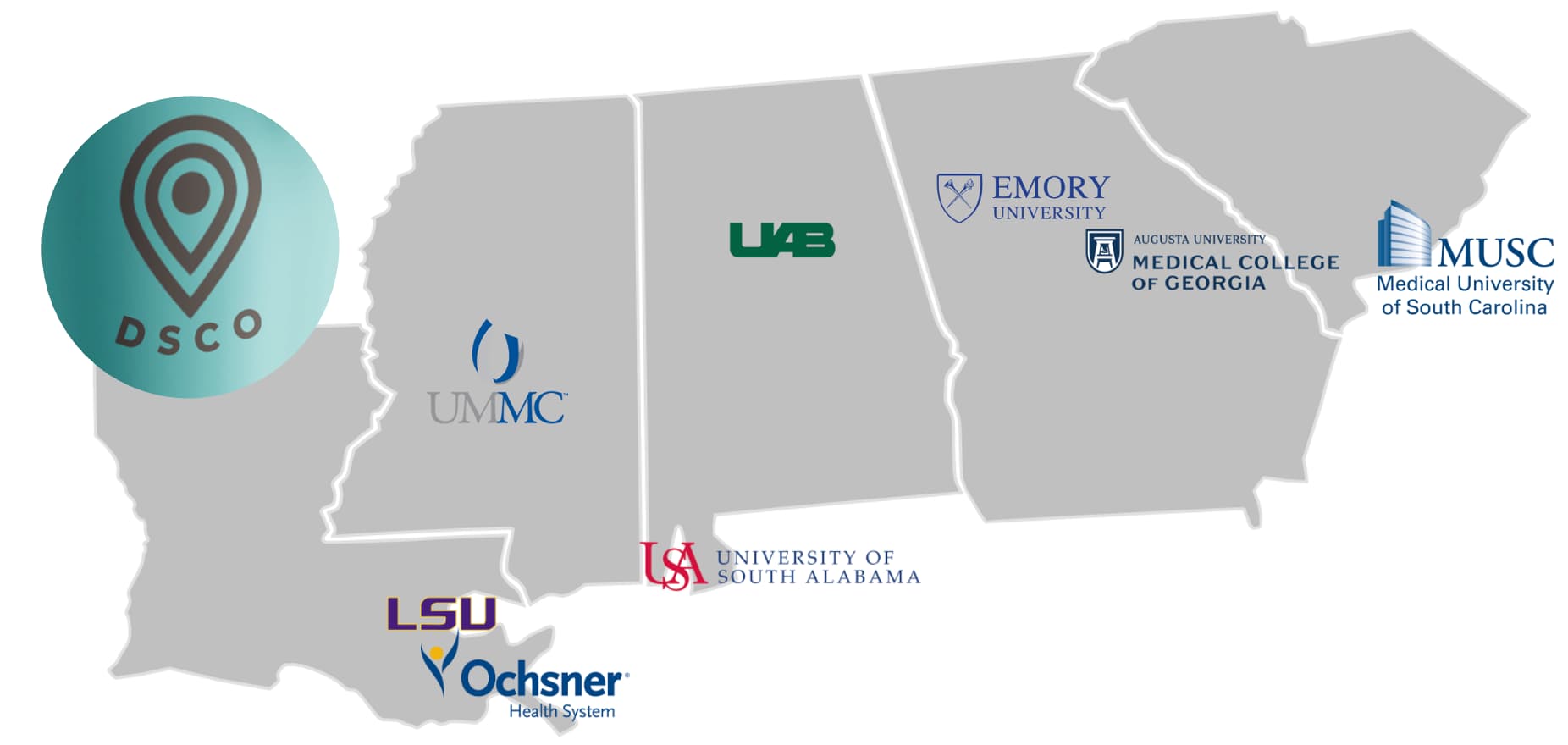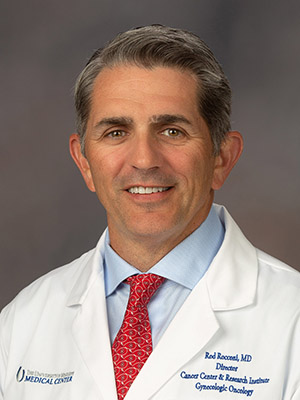UMMC CCRI leads Deep South consortium to tackle cancer research, care

In a region facing significant cancer disparities, several academic medical centers have united to form the Deep South Consortium in Oncology to promote collaboration among institutions throughout the southern region, aiming to enhance cancer research and improve patient care. The UMMC Cancer Center and Research institute will serve as the lead site.
This initiative addresses the significant challenges cancer poses for patients in the region, with a focus on reducing health disparities and improving overall care quality.
DSCO will act as a leading research platform dedicated to advancing cancer treatment in the Deep South. Through cooperative efforts in basic, translational, population health and clinical research, the consortium aims to make substantial progress that will ultimately lessen the burden of cancer and increase the availability of cures for the most at-risk patient groups.

“We created this DSCO to be a multi-layered research organization focused on the needs of our populations across each state,” said Dr. Rodney Rocconi, director of the Cancer Center and Research Institute and Ergon Chair of Cancer Research. “Our goal is to bring clinical trials to patients in the South who need them and to facilitate better discoveries for improved patient treatment.”
The member institutions of the DSCO are strategically located in an area known for having some of the highest rates of cancer health inequities in the United States. Participating members are the University of Mississippi Medical Center, Augusta University (Medical College of Georgia), Emory University, Louisiana State University School of Medicine, Medical University of South Carolina, Ochsner Health System, University of Alabama at Birmingham and University of South Alabama.
The consortium is uniquely positioned to tackle a complex array of disparities, including high minority populations, rural access issues, significant comorbidities and poverty, which create substantial challenges to delivering quality cancer care. However, these challenges also present opportunities to drive meaningful change and enhance health equity.
To address the significant cancer disparities in the region, DSCO will focus on several key research areas. First, it will engage in population health research by assessing social determinants of health across the DSCO states to identify programs that can positively influence patients' lives. Additionally, the consortium will foster partnerships to explore the molecular and genetic factors that impact cancer outcomes utilizing shared research insights and expertise for the benefit of patients. Finally, DSCO will highlight the importance of increasing minority representation in cancer clinical trials and suggests a coordinated strategy to streamline the initiation and enrollment of trials at member institutions, particularly given the high prevalence of Black patients in the DSCO states.
"It’s (DSCO) about bringing minds together. We have a wealth of talented investigators in the South who all recognize the opportunity to improve patient care. As part of our charge as a consortium, we are committed to being the change for the better,” said Rocconi. “We are driven to develop new treatment approaches that provide patients with better responses, potential cures and longer, healthier lives."



